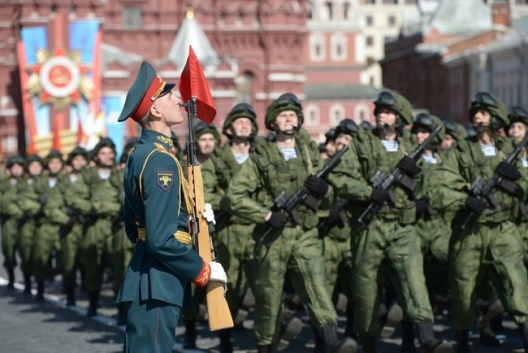 “Yesterday, all my troubles seemed so far away, now it looks as though they’re here to stay. Oh, I believe in yesterday” The Beatles
“Yesterday, all my troubles seemed so far away, now it looks as though they’re here to stay. Oh, I believe in yesterday” The Beatles
Considering recent events, it is astonishing the number of years that the United States and the major powers in the European Union have kept up the illusion that the Kremlin wanted to be a constructive, strategic partner.
Wishful thinking had it that despite occasional grumbling, Russia was basically interested in participating in a system based on common understanding of international law; of a Europe whole and free and at peace.
But in 2006, the director of the Carnegie Moscow Center Dmitri Trenin wrote that, “Russia’s leaders have given up on becoming part of the West and have started creating their own Moscow-centered system.” He also warned; “Most important, Western leaders have to avoid wishful thinking when trying to embrace either a Kremlin ruler or a liberal opposition figure.”
In 2007, the Kremlin illustrated its more aggressive attitude towards what it called its “near abroad” by harassing Estonia with cyber-attacks and extensive under cover activities.
And in 2008, Putin’s war on Georgia confirmed that Vladimir Putin had in fact embarked on a new course.
However, the Western democracies responded with only a short period of suitable exclamations of indignation. “We pushed the snooze button” says Estonia’s Defense Minister Sven Mikser.
Finally at the beginning of this year, Putin annexed Crimea and proceeded to destabilize Eastern Ukraine. The West woke up again.
Recently, Germany’s Defense Minister Ursula von der Leyen candidly described Europe’s latest awakening at an Atlantic Council event. “At the beginning of the year Russia was still an indispensable partner in many international issues, we were dreaming of the European House, we were full of illusions and visions.”
A touch of nostalgia for a more uncomplicated relationship with Russia is probably shared by many in Europe.
In Sweden there are still those who “believe in yesterday” and display feelings of nostalgia for the good old Swedish neutrality policy when discussing Swedish defense.
If Putin keeps stirring the pot, however, even the most nostalgic dreamers will have to accept that the conciliatory attitude of yesterday will not keep the troubles away today.
The Swedish Defense Research Agency published a report this month entitled, The Rude Awakening. The report points out that “it is clear that the crisis in Ukraine has already gone so far that that there is no way back to the status quo ante.”
Actually it seems likely that our troubles are here to stay.
Henrik Liljegren, an Atlantic Council board member, served 41 years in Sweden’s diplomatic corps, including stints as Ambassador to the United States, Turkey, East Germany, and Belgium.
Image: Victory Day parade in Moscow, May 9, 2014 (photo: Office of the President of Russia)
